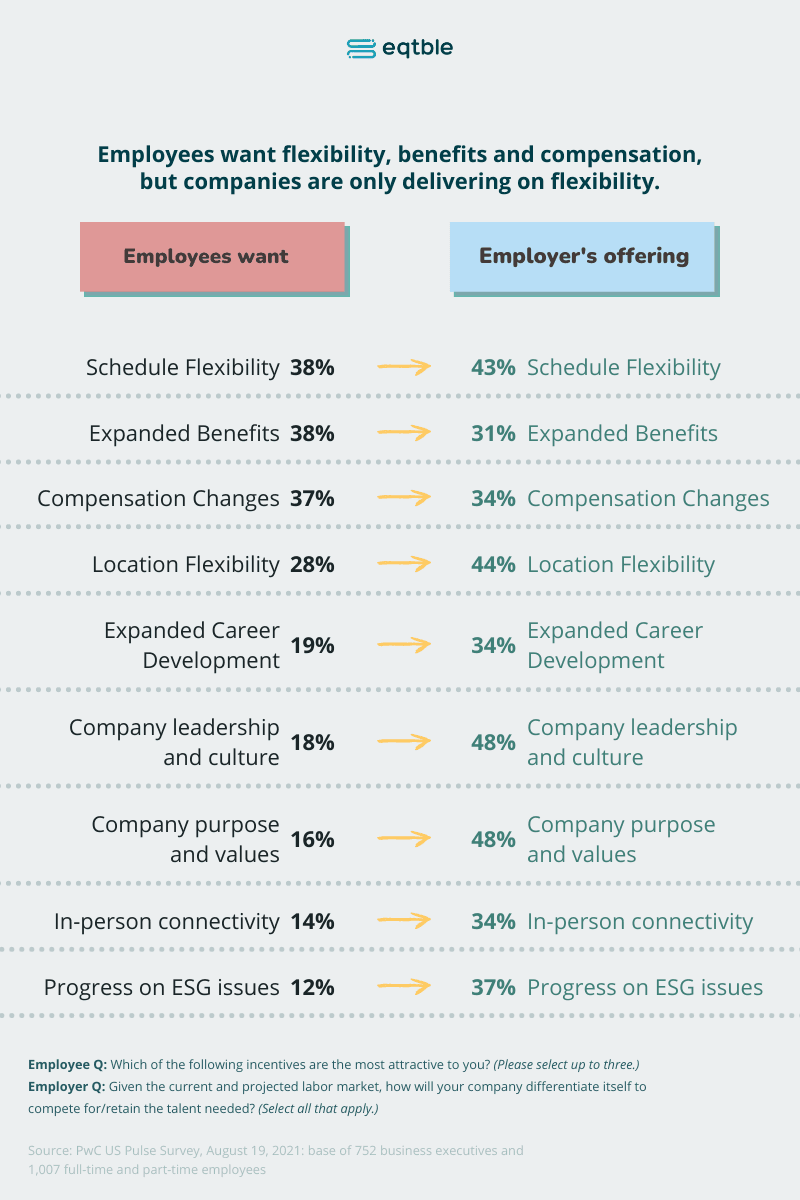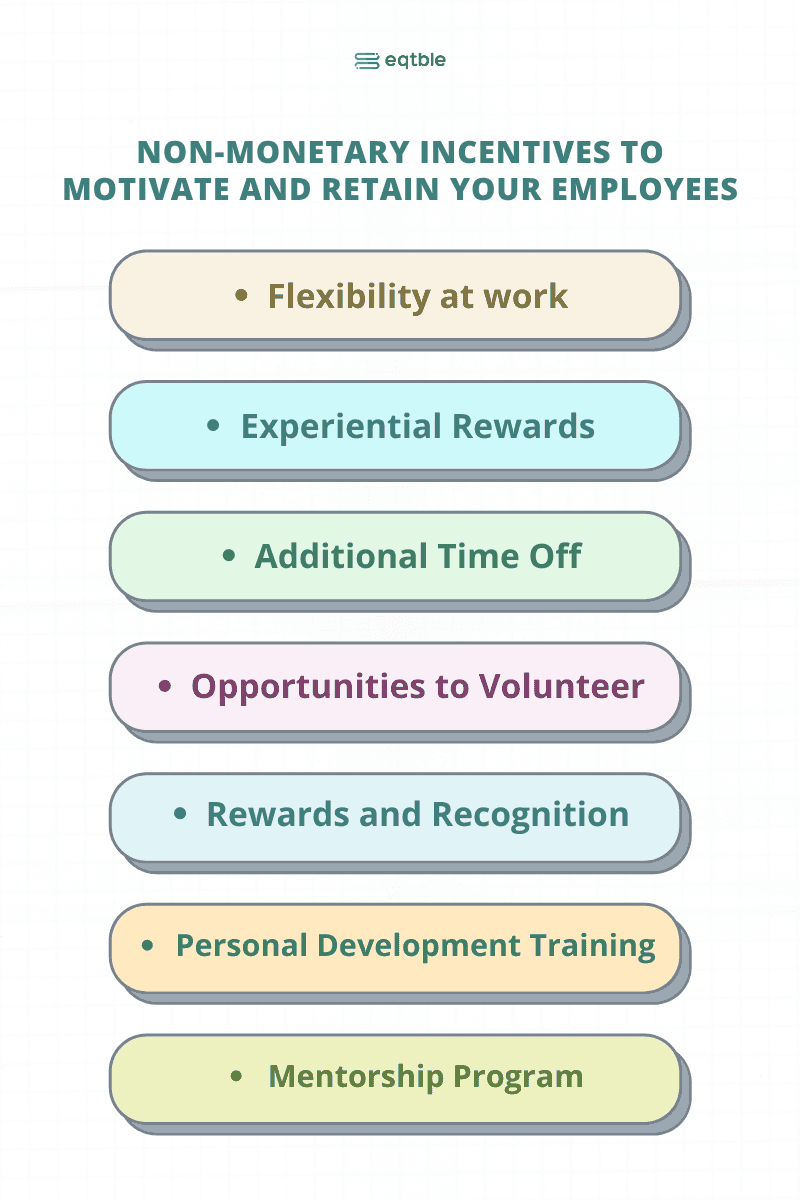Startups
July 18, 2022
Your top performers are actively thinking about leaving. How do you keep them?
While speaking with a senior software engineer that recently changed jobs even after the company approved her salary raise, she said, 'I felt cheated. It was like, they (the company) knew my worth but decided to withhold it from me. Why did they wait until I asked for a raise before offering one?' Underpaid top performers are the easiest to lose.
At every organisation's core, there's a workforce - a team that contributes to the success of your business. On this team are top performers that are assets to the organisation. It’s tempting to think of them as diamonds, but they’re even more precious than that.
In truth, your most successful people are the ones who feel most empowered and supported by you and your company. And this group is very small — one tiny slip up can send them into a spiral of doubt and frustration and lead them to think of quitting. For HR, there's nothing worse than losing top performers, especially when you don't see it coming. It's confusing when people who were once your star performers suddenly decide it's time for a change and want to leave the company.
PWC conducted a survey in August, 2021 to see what employees think about their jobs. The survey found that 65% of employees are looking for a new job. But why are they looking for new jobs? What's the reason behind high performers leaving, and how can you retain them? The double-sided question is not as simple as it seems; there is never a single cause for a top employee leaving an organisation.

Why are top performers leaving?
1. Better compensation
While giving his Keynote speech at REACH Conference, Daniel Pink argues that one of the best uses of money as a motivator is to pay people enough to take the issue of money off the table. Ideally, your top performers are employees who know their worth and find a job without the need to 'enter' the job search market. One would expect that every company treats its top performers as they would their best customers.
When your top performers inform you about leaving your company, offering them better compensation shouldn't be your first go-to solution. Because you should have done that earlier - don't make them ask for it. Again, pay people enough to take the issue of money off the table so that when you suspect that they might be leaving, your first instinct isn't to increase their pay - it's not a sustainable model anyway.
There is more to compensation than money
While pay is still one of the most important factors for employees when considering a job change, there have been more and more reports coming out about how employees are being offered a wide range of benefits that go beyond the standard health care, retirement plans and vacation days.
Employees want a combination of monetary and non-monetary offers that provide them with the ability to live the kind of life they want to live, regardless of where they work.

2. Lack of flexibility, change in managers or management style
Top performers want to be more involved in how work is done and when it is done. They want more flexibility and autonomy.
What does it mean that employees want work flexibility?
Does this mean that hours are no longer important, and the work environment is less than ideal? Flexibility can mean a lot of things — It could mean working from home, the ability to telecommute, or adjusting hours to accommodate family obligations and other personal goals. How ever you define it, the facts are clear—millennials are driving this trend, and more employers want to offer flexible work arrangements because it helps them retain valuable employees.
Also, a sudden change in leadership or management style may mean your top performers have to do things they wouldn't usually do before. For instance, a switch from monthly reporting to weekly reporting may be interpreted as micromanagement which could be further interpreted as a lack of trust in their ability to deliver.
An excellent fix for this would be to address the situation the same way you would inform your best customer if you were to make a major change to your product - make them be a part of the decision-making process. Let them know how the management feels about the status quo and why they are considering making certain changes. Ask for their opinion and make sure it counts. By doing these, they feel valued and wouldn't feel belittled when you make structural changes that would affect their work or who heads their team.
3. They've checked all their boxes
When most employees join a company, they have a list of things to achieve before they leave. Some of them usually have a fixed time frame to achieve those things. When they start ticking feats off their list, they begin to get bored and disengaged. Not because there's something wrong with the workplace culture, but because they've run out of achievements to tick off their list.
This situation may not even be a case of an employee who doesn't see a trajectory for growth or doesn't feel challenged - you may have developed a structure to help them grow and succeed. Still, they just do not picture themselves growing IN your organization. It's simple. They want to learn, they want to grow, and they want to solve new problems, but they want to do all of these outside your organization.
So, what do you do as HR in this situation?
You can start by identifying a replacement within the organization, or you go hunting for new talents. An effort to keep a top performer whose reason for leaving is that 'they have achieved all they planned to' when they joined the organization may do the company more harm than good. Because they have probably 'checked out' of the job and are most likely reviewing offers from other companies. It'll only be a matter of time before they come with an offer from another company. However, if you think you have a shot at keeping them, here are some questions to pose to them
Why are you interested in making this type of change?
How can we support you?
What does your next step look like?
How can we line up your roles and activities to support you to reach that goal?
How can we design your responsibilities to help you grow?
The answers to these questions will guide you to your next steps.
But wouldn't it be easier if there was a way you could predict the chances of a top employee leaving your organization? From understanding your company’s growth to managing attrition, eqtble helps you eliminate guesswork and provides deep insights into your workforce.







